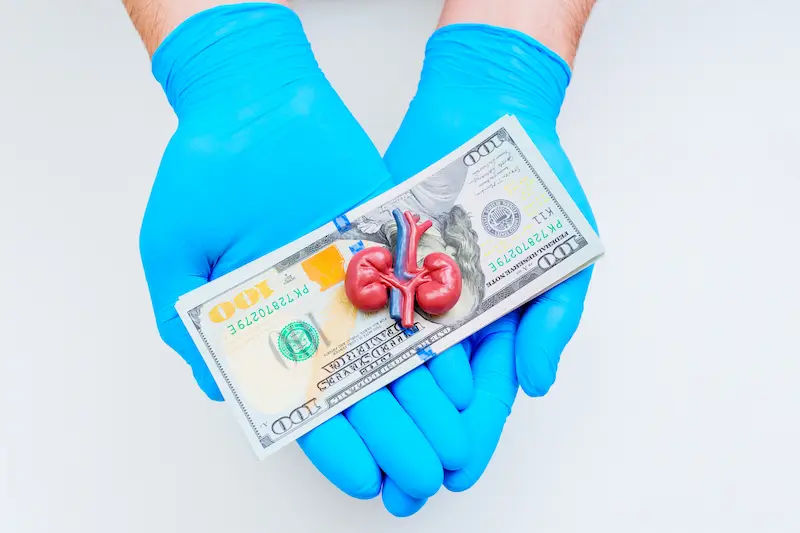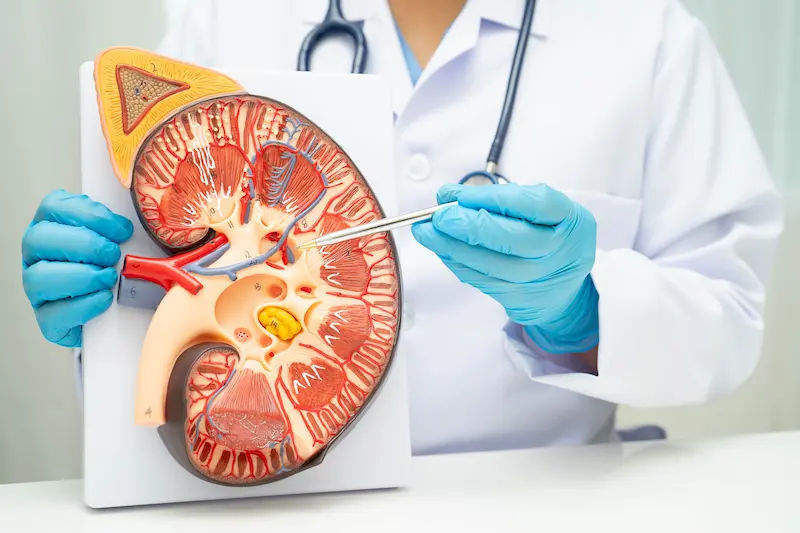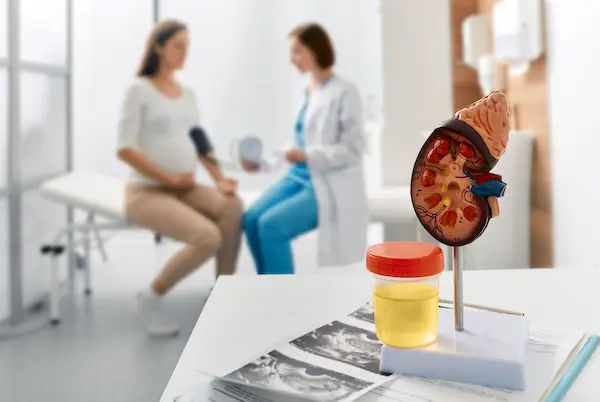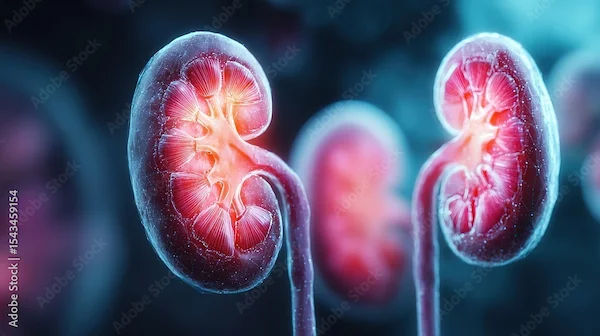Kidney Transplant Recipient Recovery
Navigate your kidney transplant recipient recovery. Understand the hospital stay, managing medications, returning to activities, diet, exercise, and long-term health after a successful transplant.

Written by
Last updated on 13th Jan, 2026
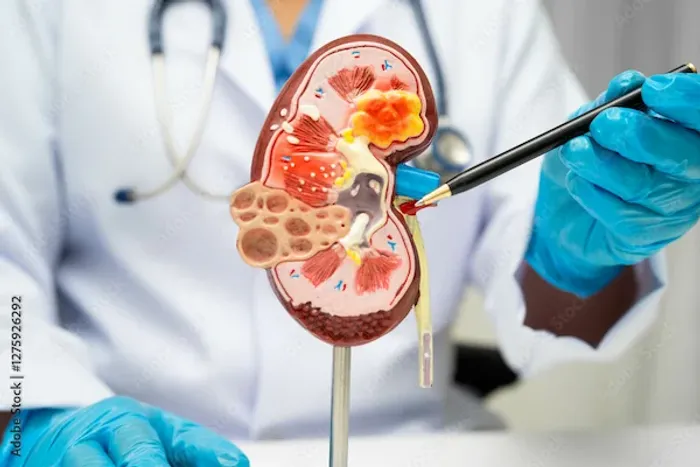
Introduction
Undergoing a kidney transplant is a lifechanging experience. While the surgery itself is a major milestone, the recovery process is equally important for longterm health and wellbeing. If you or a loved one has recently received a kidney transplant, this guide will help you understand what to expect during recovery, how to take care of yourself, and ways to ensure a smooth and healthy healing journey.
What to Expect After a Kidney Transplant
Recovery after a kidney transplant varies from person to person, but here’s a general timeline of what you can expect:
1. Immediate Post-Surgery (First Few Days)
You’ll spend a few days in the hospital under close medical supervision.
Pain and discomfort around the surgical site are normal but manageable with medication.
Doctors will monitor your new kidney’s function through blood tests.
You’ll start taking immuno-suppressant medications (anti-rejection drugs) to prevent your body from rejecting the new kidney.
2. First Few Weeks After Discharge
You’ll need frequent followup visits to check kidney function and adjust medications.
Fatigue is common—rest is essential, but light movement (like short walks) helps recovery.
You may experience mood swings due to medications and the emotional adjustment—this is normal.
3. First 3-6 Months
Your energy levels will gradually improve.
Your doctor will slowly reduce immunosuppressant doses while ensuring your body doesn’t reject the kidney.
You’ll need to avoid infections by practicing good hygiene and avoiding crowded places initially.
4. Long Term Recovery (Beyond 6 Months)
Most people return to normal activities, including work and light exercise.
Regular checkups (every few months) will continue for life to monitor kidney health.
Key Aspects of Recovery
Key aspects of recovery are:
1. Taking Medications Faithfully
Immunosuppressants are lifelong—missing doses can lead to rejection.
Set reminders or use a pill organizer to stay on track.
Always inform doctors about your transplant before taking any new medication.
2. Preventing Infections
Wash hands frequently.
Avoid raw or undercooked foods (risk of foodborne infections).
Stay up-to-date on vaccinations (but avoid live vaccines like measles or chickenpox unless approved by your doctor).
3. Healthy Diet & Hydration
Eat balanced meals: Focus on lean proteins, whole grains, fruits, and vegetables.
Limit salt & processed foods to control blood pressure.
Stay hydrated (unless your doctor advises fluid restrictions).
Avoid grapefruit—it interferes with immunosuppressants.
4. Exercise & Physical Activity
Start with gentle walks and gradually increase activity.
Avoid heavy lifting for at least 6-8 weeks postsurgery.
Yoga, swimming, and light cardio are great once cleared by your doctor.
5. Emotional WellBeing
Recovery can be emotionally taxing—don’t hesitate to seek support from family, friends, or a counselor.
Join a transplant support group to connect with others who understand your journey.
Consult Top Specialists for Personalised Tips
Warning Signs to Watch For
Contact your transplant team immediately if you experience:
Fever (above 100°F or 38°C)
Sudden weight gain (could indicate fluid retention)
Decreased urine output
Pain or swelling around the transplant site
Severe fatigue, dizziness, or shortness of breath
When to Resume Normal Activities
When to resume normal activities are:
Work: Most people return in 6-12 weeks, depending on job demands.
Driving: Usually after 4-6 weeks, once pain and medications allow safe control.
Travel: Avoid long trips for the first few months; always carry medical records when traveling.
Final Thoughts: A New Lease on Life
A kidney transplant is a gift that offers a second chance at a healthy life. While recovery requires patience and discipline, following medical advice and maintaining a healthy lifestyle will help you enjoy the benefits of your new kidney for years to come. If you have concerns or need guidance, don’t hesitate to reach out to your transplant team. At Apollo 24|7, we’re here to support you—whether it’s booking followup consultations, lab tests, or answering your questions.
Consult Top Nephrologist
Consult Top Specialists for Personalised Tips

Dr. Sunil Jawale
Nephrologist
17 Years • MBBS, MD (Internal Medicine), DM (Nephrology)
Pune
Apollo Hospitals Pune, Pune

Dr. Kavita Parihar
Nephrologist
26 Years • MBBS, MD(MED), DNB(NEPHRO)
Ahmedabad
Apollo Hospitals Gandhinagar, Ahmedabad
(25+ Patients)

Dr. Mohan Patel
Nephrologist
7 Years • MBBS MD (Med) DM (Nephro) FASN, FISN, ANIO
Nashik
Apollo Hospitals Nashik, Nashik
(25+ Patients)
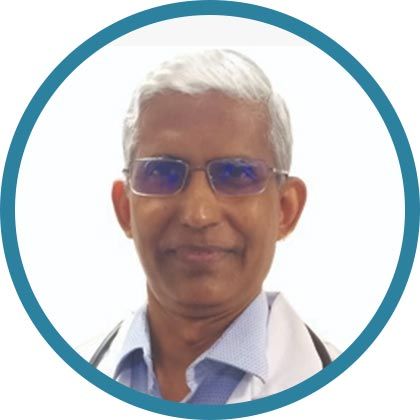
Dr. S Rajagopalan
Nephrologist
26 Years • MD (Gen. Med.), DNB (Nephro)
Chennai
Apollo Hospitals Greams Road, Chennai
(175+ Patients)
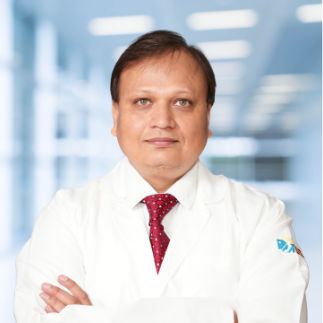
Dr Santosh Kumar
Nephrologist
13 Years • MD (Internal Medicine) DNB (Nephrology), MRCP – Nephrology (UK)
Lucknow
Apollomedics Super Speciality Hospital, Lucknow
Consult Top Nephrologist

Dr. Sunil Jawale
Nephrologist
17 Years • MBBS, MD (Internal Medicine), DM (Nephrology)
Pune
Apollo Hospitals Pune, Pune

Dr. Kavita Parihar
Nephrologist
26 Years • MBBS, MD(MED), DNB(NEPHRO)
Ahmedabad
Apollo Hospitals Gandhinagar, Ahmedabad
(25+ Patients)

Dr. Mohan Patel
Nephrologist
7 Years • MBBS MD (Med) DM (Nephro) FASN, FISN, ANIO
Nashik
Apollo Hospitals Nashik, Nashik
(25+ Patients)

Dr. S Rajagopalan
Nephrologist
26 Years • MD (Gen. Med.), DNB (Nephro)
Chennai
Apollo Hospitals Greams Road, Chennai
(175+ Patients)

Dr Santosh Kumar
Nephrologist
13 Years • MD (Internal Medicine) DNB (Nephrology), MRCP – Nephrology (UK)
Lucknow
Apollomedics Super Speciality Hospital, Lucknow

